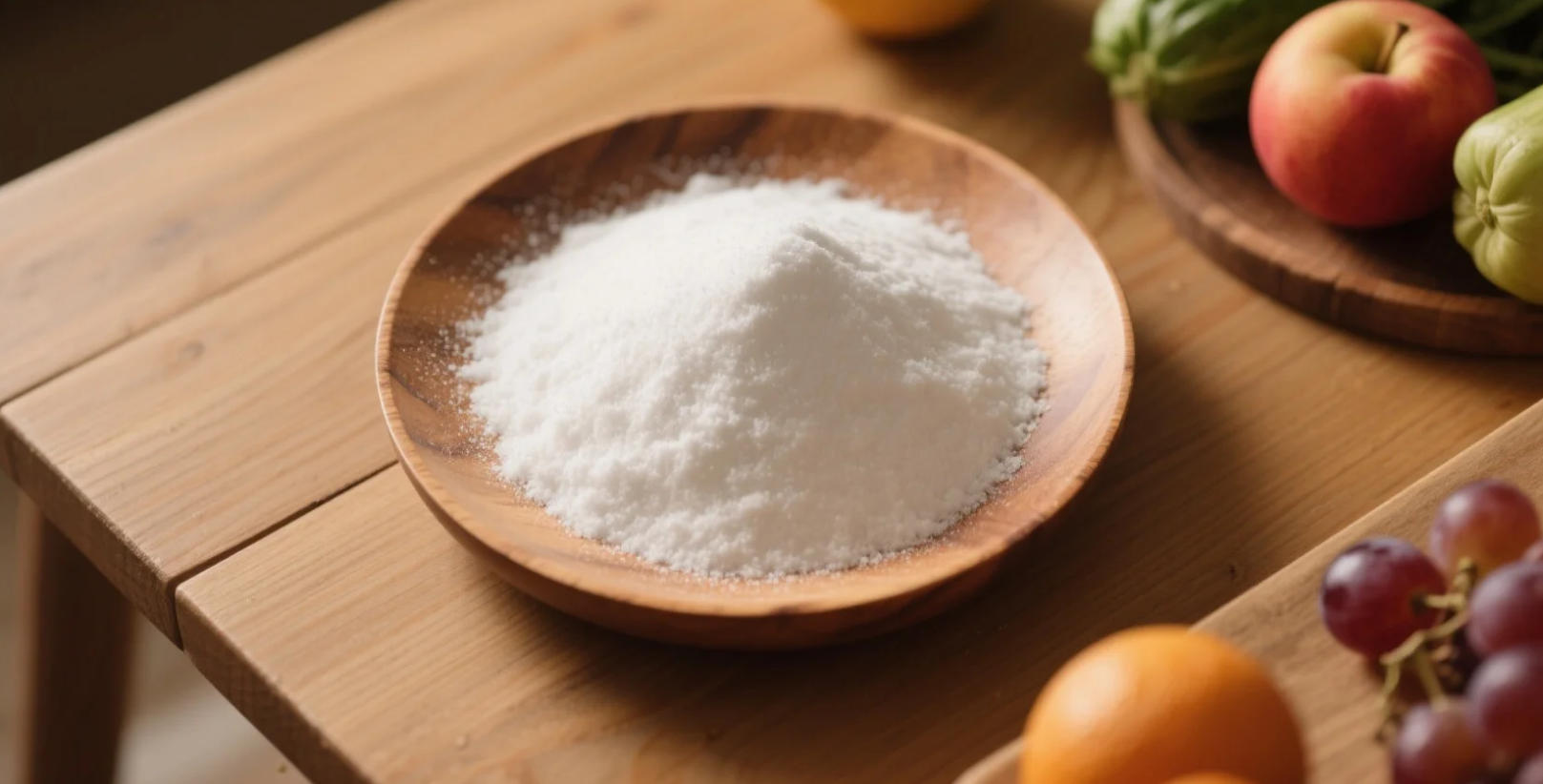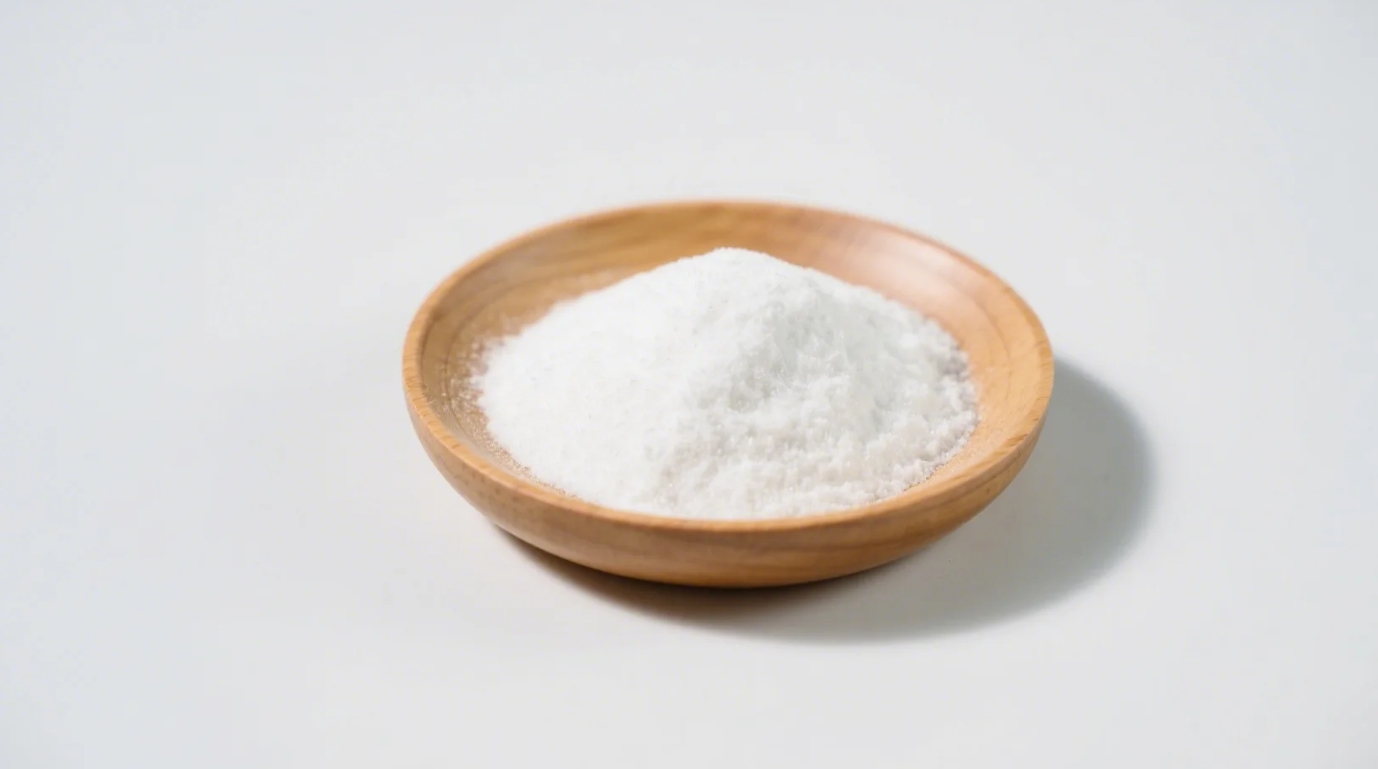As consumer demand for healthier and more transparent ingredients continues to rise, food and beverage brands are rethinking the sweeteners they use. While organic cane sugar has long been considered a natural choice, organic dextrose—also known as organic glucose powder or organic corn sugar—is increasingly being recognized for its clean-label advantages and functional versatility.
So which ingredient is better suited for modern clean-label product development? Let’s compare them from multiple perspectives: nutritional value, functionality, processing, and market perception.
1. Ingredient Source and Production
- Organic Dextrose is derived from organic corn starch through enzymatic hydrolysis, resulting in pure glucose molecules. The process is enzyme-based, chemical-free, and compliant with USDA and EU organic standards.
- Organic Cane Sugar comes from sugarcane juice, crystallized through boiling and refining. While it can be organic, it usually requires more processing steps to achieve purity, which may alter its natural nutrients.
Verdict: Both are natural, but organic dextrose has fewer processing steps and aligns better with “minimally processed” clean-label claims.
2. Sweetness and Taste Profile
- Organic Dextrose has about 70–80% of the sweetness of cane sugar, making it ideal for products that require mild sweetness—such as protein bars, bakery items, and functional beverages. It also provides a clean, neutral flavor that doesn’t overpower other ingredients.
- Cane Sugar, on the other hand, has a stronger, more rounded sweetness. While this can be pleasant in desserts, it sometimes dominates delicate flavor profiles.
Verdict: For manufacturers seeking balanced sweetness and flavor harmony, organic dextrose offers greater flexibility.
3. Functional Performance in Food Formulations
One of the main reasons manufacturers choose organic dextrose is its functional versatility.
- In baked goods, it enhances browning and crust color through the Maillard reaction.
- In energy and sports drinks, it delivers fast-absorbing carbohydrates for quick energy.
- In frozen desserts, it helps control ice crystal formation, improving texture and mouthfeel.
Cane sugar provides sweetness but lacks these functional advantages. It’s less soluble in cold applications and doesn’t provide the same fermentation support for yeast-based products.
Verdict: Organic dextrose wins for multi-functional use and technical performance.
4. Nutritional and Metabolic Considerations
While both are natural sweeteners, there are subtle differences in how the body processes them.
- Organic Dextrose (Glucose) is a simple sugar that’s absorbed quickly, providing immediate energy—ideal for athletes or active consumers.
- Cane Sugar (Sucrose) is a disaccharide, made of glucose and fructose. It must be broken down by the body before use, which slows digestion slightly but also adds metabolic complexity.
For low-sugar or sports formulations, organic dextrose offers more predictable energy release.
Verdict: Organic dextrose is more functional for energy and recovery-focused nutrition.
5. Clean-Label and Transparency
In today’s market, clean-label means more than just “organic.” It implies minimal processing, traceable sourcing, and recognizable ingredients.
Organic dextrose meets all these expectations:
- Certified organic and non-GMO
- Free from synthetic processing aids or additives
- Derived from sustainably farmed organic corn
Cane sugar can also be organic, but many consumers associate it with refined white sugar—sometimes contradicting the “clean-label” message.
Verdict: Organic dextrose offers a stronger marketing position for clean-label, plant-based, or functional food products.
6. Sustainability and Supply Chain
Both cane sugar and organic dextrose can be produced sustainably, but organic corn farming often requires less water and offers better crop rotation compatibility, making it more adaptable for regenerative agriculture systems.
Additionally, dextrose manufacturing can utilize local organic corn sources, reducing transportation emissions and improving traceability.
Verdict: Organic dextrose offers better sustainability potential when sourced from certified organic corn.
7. Application Suitability
| Product Type | Preferred Sweetener | Reason |
|---|---|---|
| Bakery Products | Organic Dextrose | Improves browning and freshness |
| Beverages | Organic Dextrose | High solubility and clean taste |
| Confectionery | Cane Sugar | Traditional sweetness |
| Energy Bars | Organic Dextrose | Rapid energy release |
| Sauces & Dressings | Either | Depends on flavor balance |
Final Verdict
Both organic dextrose and organic cane sugar are viable natural sweeteners for clean-label foods. However, organic dextrose stands out as the more versatile, functional, and formulation-friendly choice—especially for brands developing products that emphasize natural energy, balanced sweetness, and minimal processing.
Its technical performance, clean-label credibility, and adaptability across product categories make it a modern alternative to traditional sugars.
In short, for food manufacturers aiming to create the next generation of healthy, organic, and transparent foods, organic dextrose isn’t just a substitute—it’s an upgrade.
Related Products
Organic Cane Sugar
Unrefined, Sustainably Grown Sweetener for Clean-Label & Wholesome Formulations
Organic Dextrose Powder
Natural Energy Source for Food, Beverage, Pharma & Sports Nutrition


